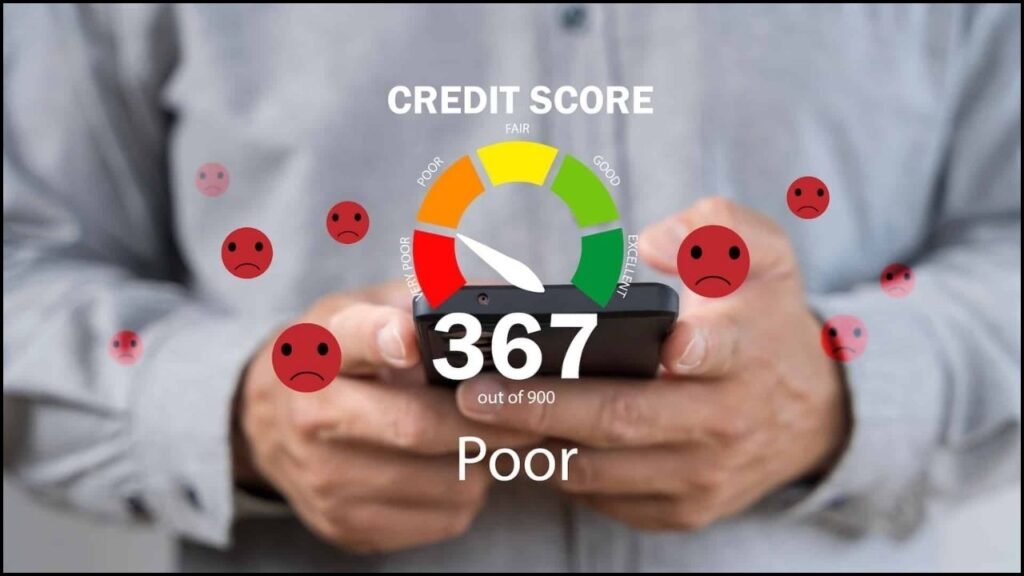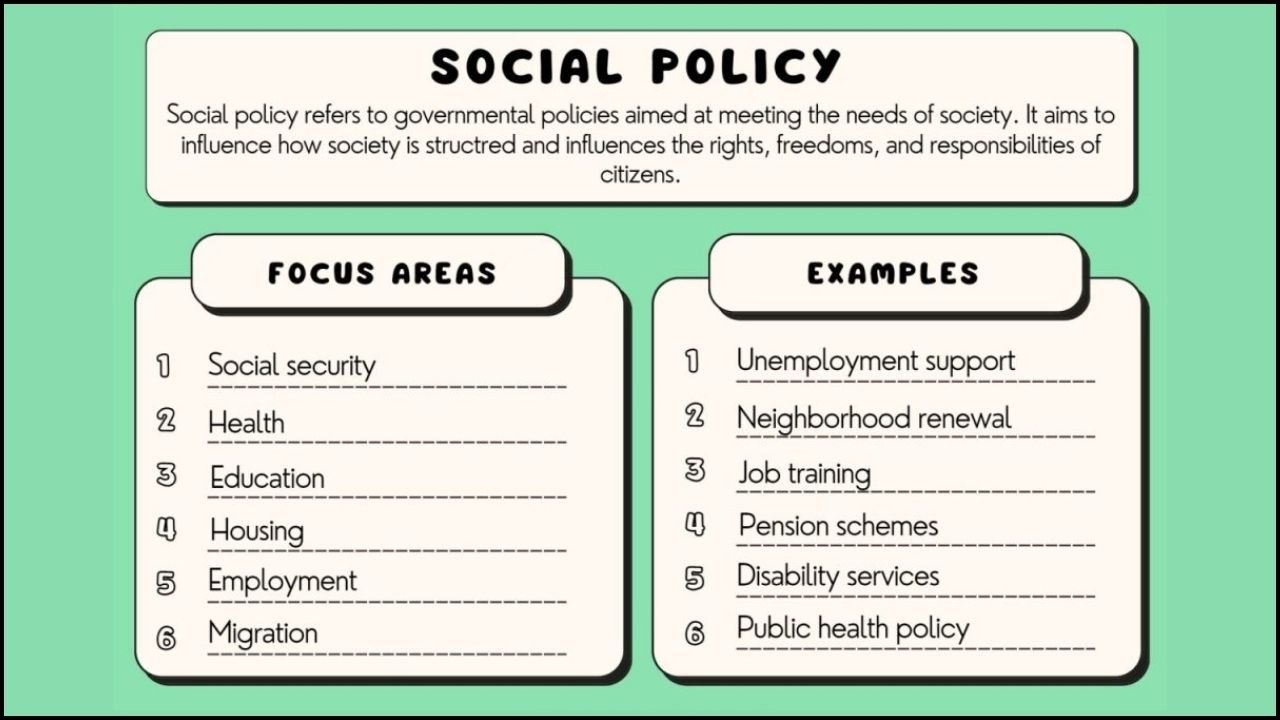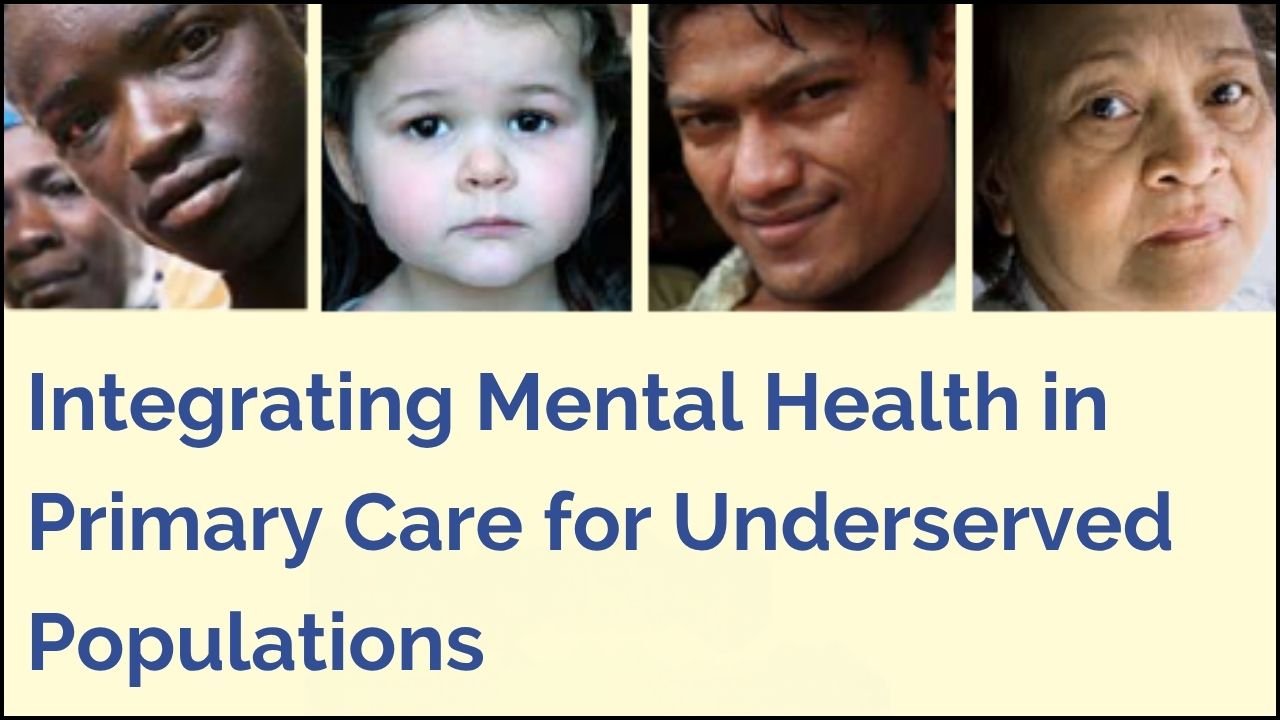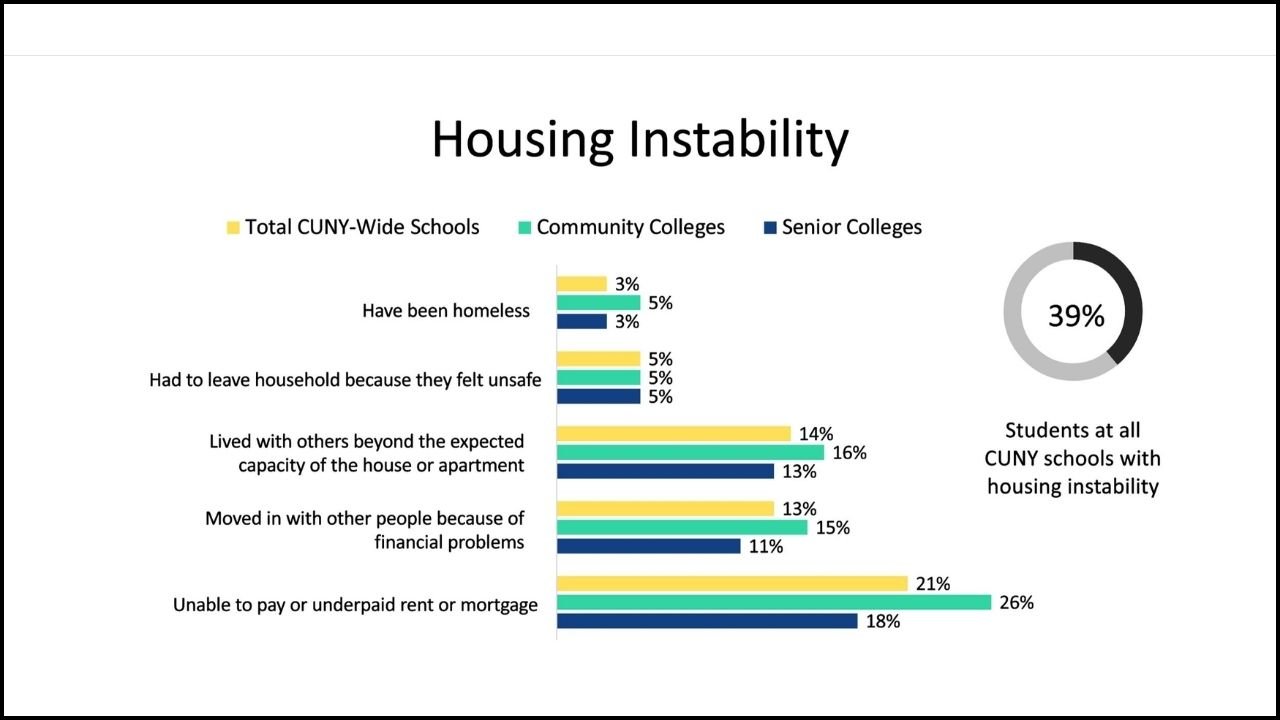
A growing number of studies show that financial conditions have a strong link with mental health. A recent study led by Dr. Catherine Ettman from the Bloomberg School of Public Health highlights that credit scores, especially at the neighborhood level, are connected to anxiety and depression. People living in ZIP codes with low average credit scores tend to report more mental health issues, even when income and other factors are considered. This research brings attention to how area-level financial indicators can signal deeper health risks, beyond just individual wealth.
Table of Contents
Key Findings of the Study
- Study Leader: Catherine Ettman, PhD, Bloomberg School of Public Health
- Data Source: Over 500,000 responses from 1,438 ZIP codes in Pennsylvania
- Study Period: September 2020 to June 2022 (COVID-19 pandemic period)
- Mental Health Data Source: COVID-19 Trends and Impact Survey (CTIS), in partnership with Facebook
- Credit Score Data: Based on 2017 Equifax VantageScore
Credit Scores and Mental Health Symptoms
The study found a strong pattern between low area credit scores and higher reported mental health symptoms.
Mental Health Symptoms by Area Credit Score
| Credit Score Range | Reported Depression Rate | Reported Anxiety Rate |
|---|---|---|
| 850+ | 10.9% | 14.9% |
| 700–725 | 13.7% | 17.4% |
- Higher depression and anxiety rates appeared consistently in neighborhoods with lower credit scores.
- The 31% increase in depression and 22% increase in anxiety were seen in people living in ZIP codes with scores between 700–725 compared to 850+.
What Credit Scores Reflect Beyond Money
- Credit behavior like paying bills, loan history, and access to credit influence scores.
- Social and historical patterns such as segregation, redlining, and underinvestment also play a role.
- Neighborhood resources often follow credit scores. Lower scores tend to reflect areas with fewer educational, financial, and healthcare services.
Factors Still Showing Credit Score Impact
Researchers adjusted their findings for income and demographics. Still, credit scores remained a strong predictor of mental health outcomes.
Factors Considered in Analysis
| Factor | Effect on Results |
|---|---|
| Median Household Income | Adjusted, the credit score impact remained |
| Age | No major statistical differences |
| Gender | Similar depression and anxiety patterns |
| Race/Ethnicity | Some variation, but trends are still consistent |
| Education Level | College-educated adults are still affected |
- The Unique role of credit scores was highlighted, even after adjusting for income.
- 45–54 age group, non-Hispanic white adults, and college graduates showed the most visible links, though not statistically different from others.
Credit Scores and Community Context
- Neighborhood context includes factors like access to financial services, home ownership support, and community stability.
- Low scores can show signs of long-term neglect in infrastructure and opportunities.
- Mental health services are often less available in such areas.
Mental Health and Demographic Differences
- Black and Hispanic adults reported fewer depression symptoms in low-score areas, possibly due to:
- Cultural or community-based protective factors
- Possible underreporting
- The “Black-White depression paradox,” noted in earlier research
Possible Protective or Influencing Factors
| Group | Observation | Possible Explanation |
|---|---|---|
| Black and Hispanic Adults | Lower reported depression in low-score areas | Cultural support, resilience, or underreporting |
| Older Adults | Stronger link between credit score and anxiety | Financial pressure near retirement age |
| Educated Groups | Felt credit impact despite high education | Credit affects opportunity access, not just income |
Policy and Public Health Implications
Researchers emphasized that area-level credit scores could guide public health action.
- Credit score improvements might lead to better mental health.
- Financial education, caps on predatory loans, and access to credit could help.
- Local policies can target ZIP codes with poor credit profiles.
Potential Policy Actions
| Policy Area | Suggested Actions |
|---|---|
| Financial Education | Community classes and online tools |
| Consumer Protection | Limits on interest rates and loan fees |
| Investment in Communities | Funding for small business, home repair, and services |
| Public Health Integration | Use credit score data in health planning |
National Expansion and Future Research
- The study team plans to analyze national data and compare regions.
- Future studies will explore links between credit scores and:
- Environmental risks
- Social connection levels
- Education and healthcare access
Broader Meaning of the Research
- Credit scores are more than numbers—they show a map of opportunity and disadvantage.
- Mental health is tied not only to personal stress but to the environment and history of the place people live in.
Final Thoughts
The study clearly shows that low neighborhood credit scores are tied to higher levels of anxiety and depression. This link remains strong even when controlling for income and other demographics, proving that credit scores reflect more than just personal financial responsibility. They tell a story about access, history, and the opportunities available to people in different communities. By using credit score data in public health planning and policymaking, society may find better ways to address both financial and mental health inequalities.





